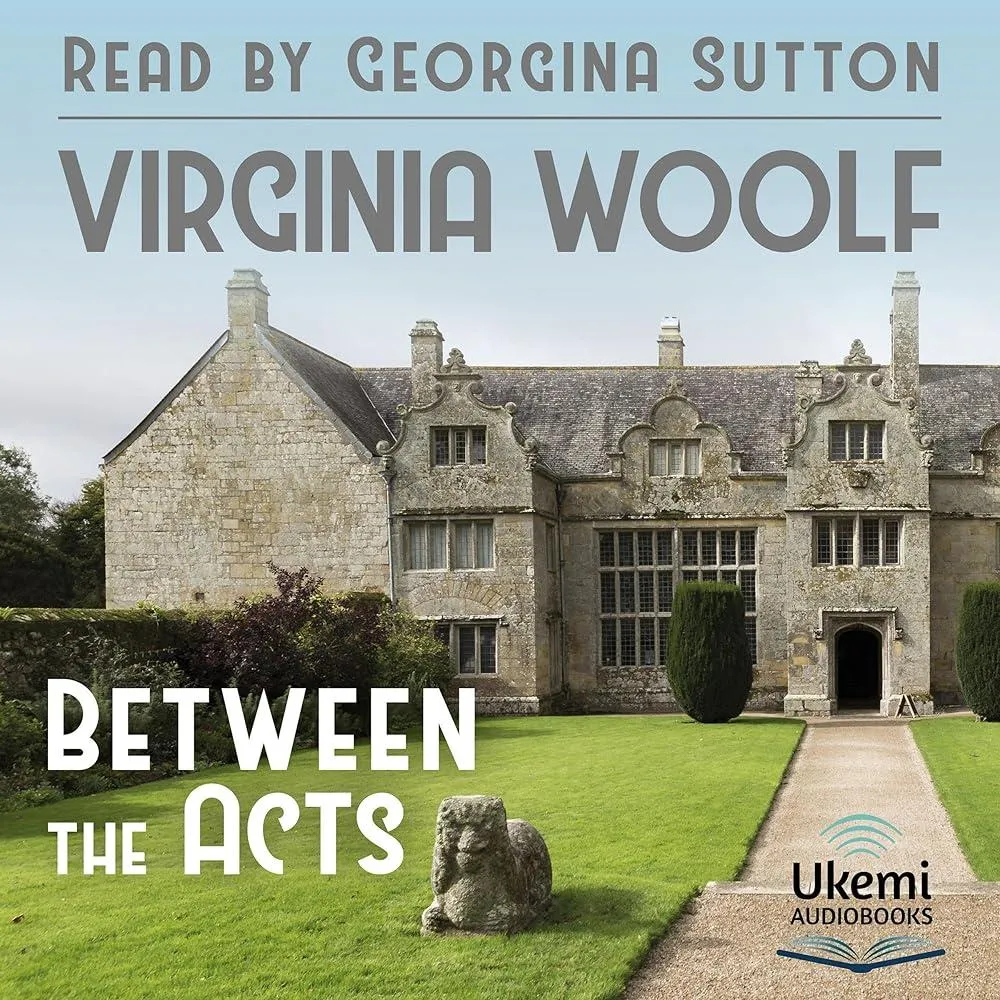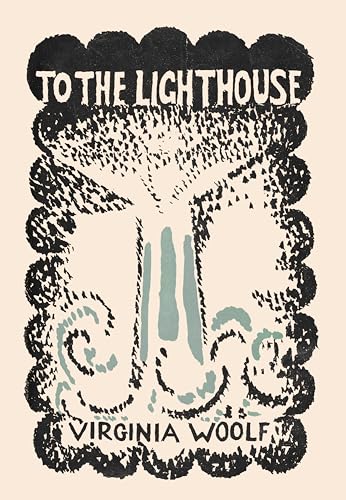It is a variable early summer's day, and there is an unusual bustle in the grounds of Pointz Hall, a country house in a remote village in the very heart of England. The local community is all astir, intent on putting the finishing touches to preparations for the annual pageant, which is to be performed there that evening. Among the medley of attendees are Mr Oliver, the owner of the house, the flirtatious Mrs Manresa and her friend William Dodge, who is rumoured to be homosexual, the troubled married couple Giles and Isa, as well as the eccentric spinster Miss La Trobe, the author of the pageant - an ambitious journey through England's past and literature. Highly symbolic, and dealing with many of the themes that were most dear to Virginia Woolf, such as the condition of the individual in the current of history, sexual ambiguity and the tension between life and art, Between the Acts was the author's final novel, offering a tantalizing glimpse of the direction her fiction might have taken.
Virginia Woolf
Virginia Woolf was a prominent English writer and modernist literary figure. Known for her stream-of-consciousness writing style, she challenged traditional narrative structures and explored themes of gender, class, and mental health in her works. Some of her most notable works include "Mrs. Dalloway," "To the Lighthouse," and "Orlando." Woolf's contributions to literature include her innovative approach to character development and narrative technique, as well as her exploration of the inner lives of her characters. Her most famous work, "Mrs. Dalloway," is considered a masterpiece of modernist literature and a reflection of Woolf's unique literary voice. Woolf's impact on the literary genre is undeniable, as she paved the way for future generations of writers to experiment with form and style in their own works.








